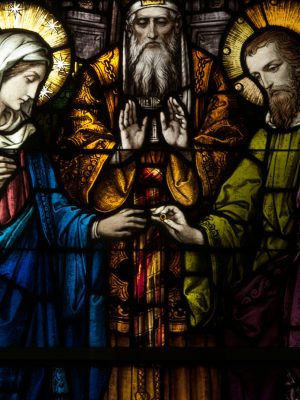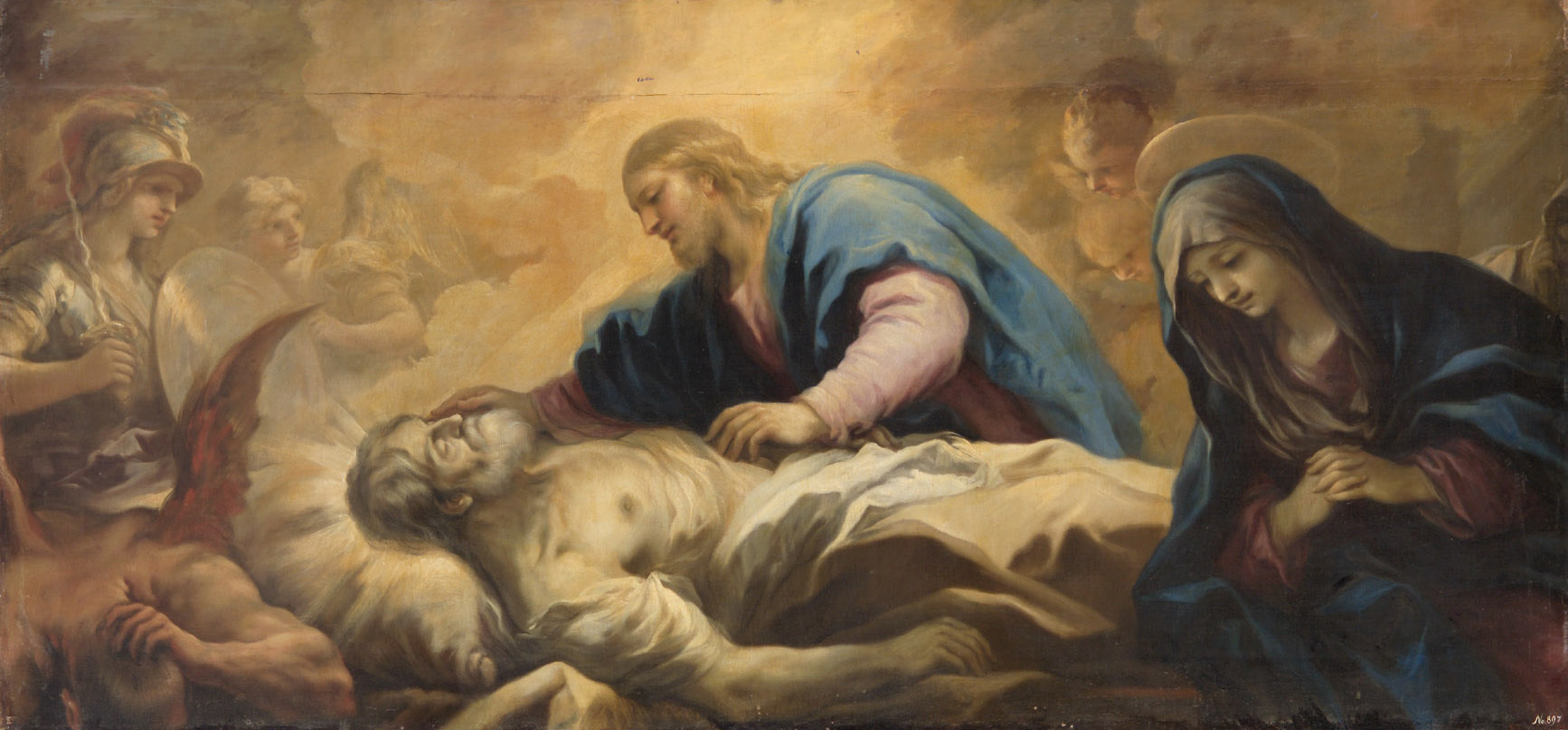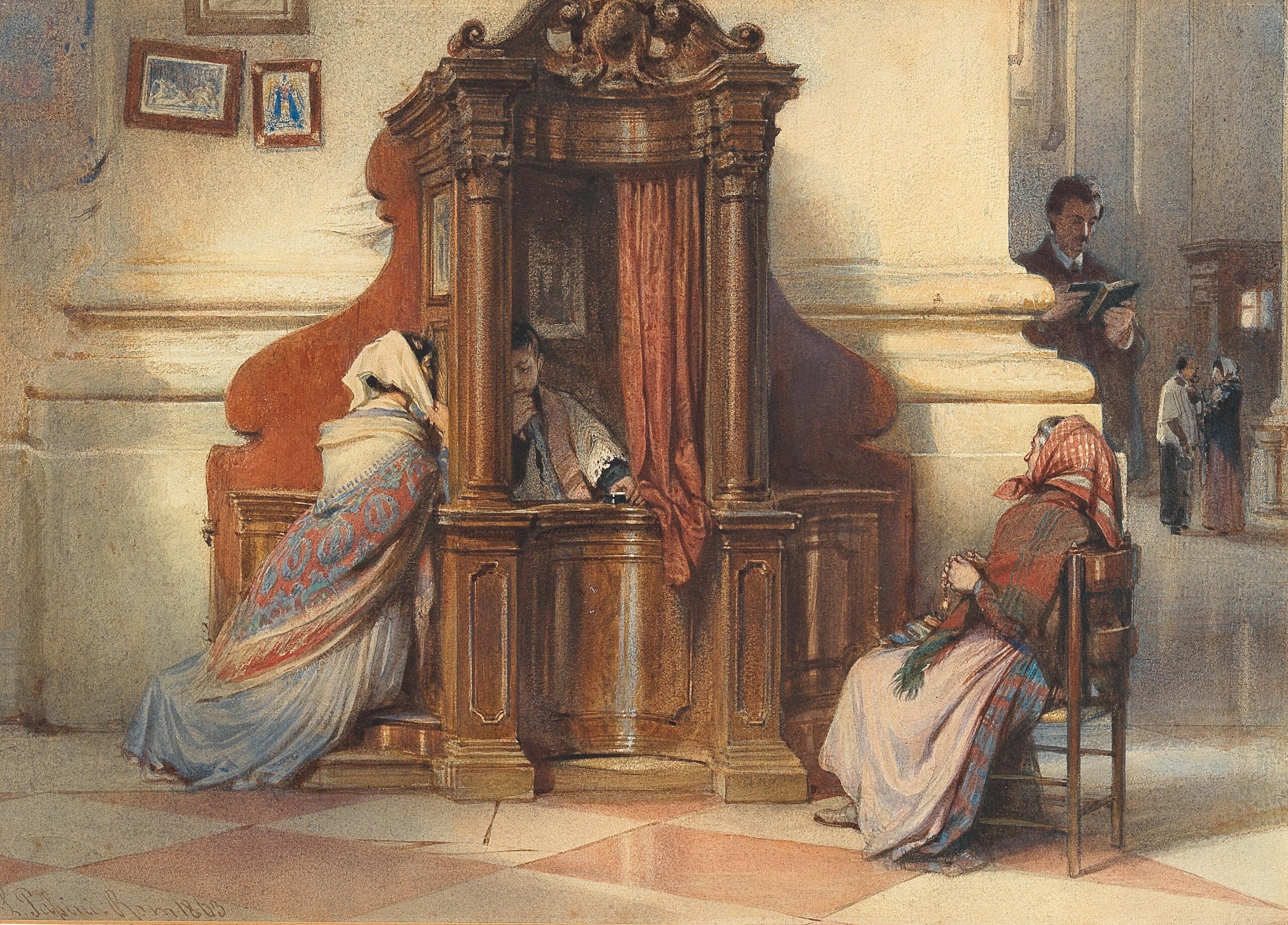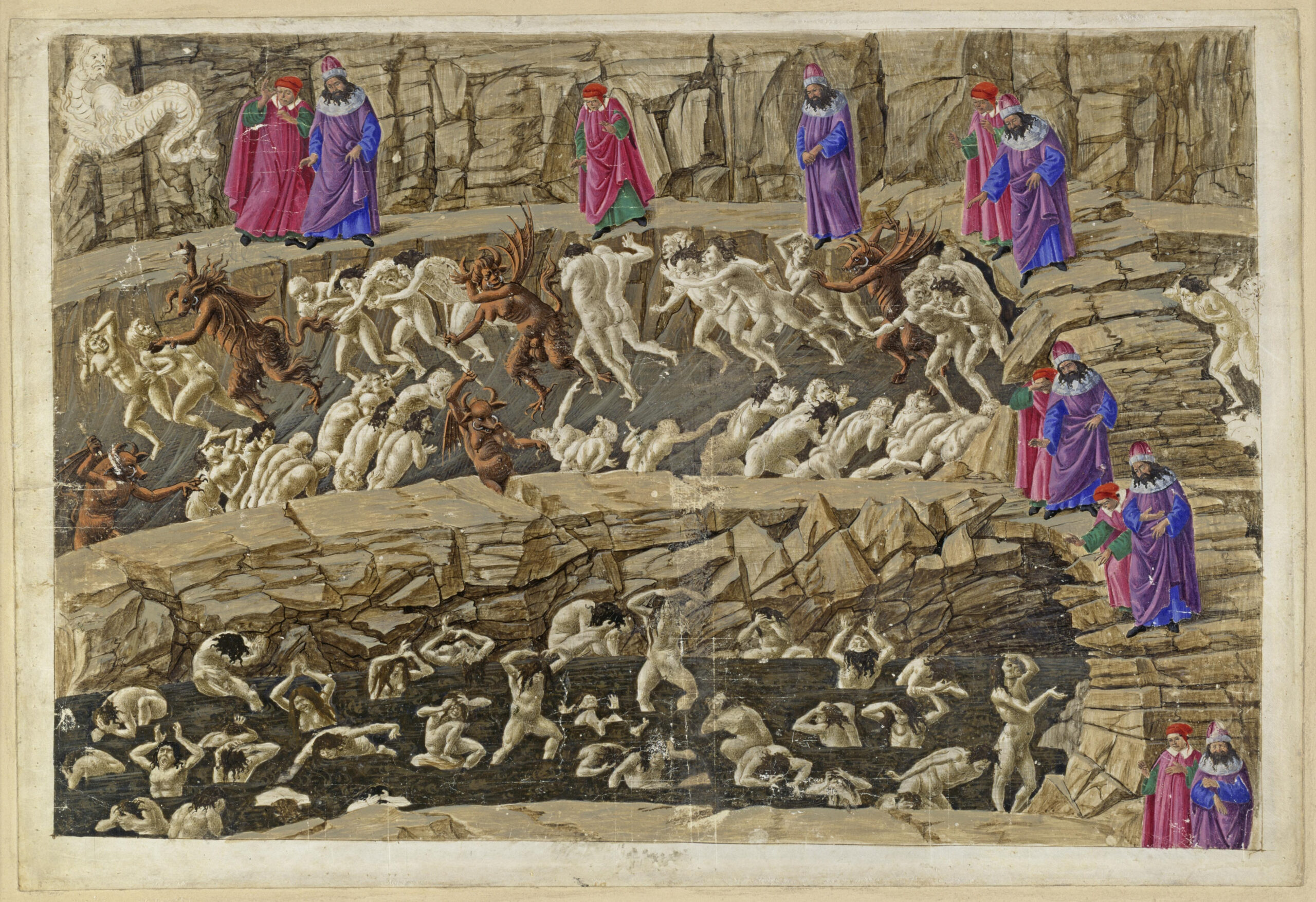Few popes in the history of the Church had the impact of Pope Leo XIII. Born Vincenzo Gioacchino Raffaele Luigi Pecci on March 2, 1810, he was the sixth of seven sons born to Count Lodovico Pecci and Anna Prosperi-Buzi. At age eight, Lodovico and Anna sent their son to study at a Catholic school in Viterbo, north of Rome, where he excelled in everything from Latin to theology to law. By 1832, at the age of 22, he had already earned a doctorate in theology.
Just as he quickly impressed his teachers, Vincenzo also quickly impressed Church officials. Ordained in 1837, he became a cardinal in 1853 and in 1877 was elevated by Pope Pius IX to the important position of Vatican camerlengo. Only a year later, he would replace Pius IX when the conclave chose him as the next heir to the Chair of St. Peter. He would serve longer than any pope other than Pius IX, holding the papal throne until his death in 1903.
On February 20, 1878, Pope Leo XIII began his 25-year-long pontificate. It was a historic papacy known for many significant statements. Almost everyone knows of Rerum Novarum (1891), but likewise impactful were Quod Apostolici Muneris on socialism (1878), Arcanum divinae on Christian marriage (1880), Immortale Dei (1885), Humanum genus (1884), Libertas (1888), Providentissimus Deus (1893), and Aeterni Patris (1879), which is credited with nothing short of initiating a Thomistic revival and a renewed appreciation of the complete compatibility between faith and reason in the modern world. Leo XIII also should be known for two especially important statements against slavery: The first of these, released May 5, 1888, was In Plurimis, “On the Abolition of Slavery.” It was a magnificent statement against slavery. Still another poignant statement was his November 20, 1890 encyclical Catholicae Ecclesiae on “Slavery in the Missions.”
Among these Leo XIII statements, I would like to call attention to Arcanum.
As I write, America closes “Pride Month,” where seemingly an entire culture and country, from countless woke corporations to the White House, flew the “Gay Pride” rainbow flag in celebration of everything from transgenderism to same-sex “marriage.” The Biden administration even had the Pride Flag flying at the U.S. embassy at the Vatican. This is particularly bothersome because pride is the first and worst of the deadly sins. It should not be celebrated. The Catechism condemns it as a terrible vice, not a virtue. And yet, many Catholics, including our president and the Speaker of the House, vigorously celebrated Pride Month—just as they also vigorously support same-sex “marriage.”
That brings me to Leo XIII’s Arcanum. This was, plainly, the great pope’s encyclical on Christian marriage, given at St. Peter’s in Rome, February 10, 1880, the third year of his pontificate.
Arcanum most certainly does not mention same-sex “marriage.” That is because, firstly, it was about what the Church calls “Christian marriage,” but also because, of course, the very notion that two people of the same sex could get married would have been considered pure madness in any era other than our own. It was flatly inconceivable. Marriage was considered a form of holy matrimony between one man and one woman, period. And Arcanum stated that beautifully and eloquently.
The first words of the encyclical speak of “The hidden design of the divine wisdom, which Jesus Christ the Savior of men came to carry out on earth.” The encyclical heralds how God sought to “divinely renew the world,” and “to re-establish all things in Christ that are in heaven and on earth…. He led to the light of truth men wearied out by longstanding errors.” Humanity’s loving God also “entrusted to His Church the continuance of His work; and, looking to future times, He commanded her to set in order whatever might have become deranged in human society, and to restore whatever might have fallen into ruin.”
The Creator thereby set forth a Christian foundation and a Christian order to things:
“For, so soon as Christian order was once established in the world, it became possible for all men, one by one, to learn what God’s fatherly providence is, and to dwell in it habitually…. From all this outflowed fortitude, self-control, constancy, and the evenness of a peaceful mind, together with many high virtues and noble deeds.”
Fundamental to this God-given order—to the aspiration of high virtues and noble deeds—was the family and marriage. In fact, this created order was likewise given to and to be honored by the State and its rulers. Leo XIII asserted:
“Wondrous, indeed, was the extent of dignity, steadfastness, and goodness which thus accrued to the State as well as to the family. The authority of rulers became more just and revered; the obedience of the people more ready and unforced; the union of citizens closer; the rights of dominion more secure. In very truth, the Christian religion thought of and provided for all things which are held to be advantageous in a State.”
This order guides us and is given to us for our happiness and well-being. Family is based on that order, and the beginning and foundation of family is marriage. The encyclical thus stated:
“Our wish is rather to speak about that family union of which marriage is the beginning and the foundation. The true origin of marriage, venerable brothers, is well known to all. Though revilers of the Christian faith refuse to acknowledge the never-interrupted doctrine of the Church on this subject, and have long striven to destroy the testimony of all nations and of all times, they have nevertheless failed not only to quench the powerful light of truth, but even to lessen it.”
The “revilers” of the Christian faith fail to acknowledge it, and even try to destroy it, but the teaching of the Church is and will remain uninterrupted; it is the powerful light of truth itself. And so, what is the truth of marriage? The encyclical professed:
“We record what is to all known, and cannot be doubted by any, that God, on the sixth day of creation, having made man from the slime of the earth, and having breathed into his face the breath of life, gave him a companion, whom He miraculously took from the side of Adam when he was locked in sleep. God thus, in His most far-reaching foresight, decreed that this husband and wife should be the natural beginning of the human race, from whom it might be propagated and preserved by an unfailing fruitfulness throughout all futurity of time.”
And of “this union of man and woman,” the encyclical stated: “From the Gospel we see clearly that this doctrine was declared and openly confirmed by the divine authority of Jesus Christ.”
Jesus Christ bore witness to this male-female union. He spoke to it. It is the very essence of marriage, unchanging and uninterrupted:
“He bore witness to the Jews and to His Apostles that marriage, from its institution, should exist between two only, that is, between one man and one woman; that of two they are made, so to say, one flesh; and that the marriage bond is by the will of God so closely and strongly made fast that no man may dissolve it or render it asunder. ‘For this cause shall a man leave father and mother, and shall cleave to his wife, and they two shall be in one flesh. Therefore now they are not two, but one flesh. What, therefore, God hath joined together, let no man put asunder.’”
The encyclical there cited Matthew 19:5-6. This was how it should be—how God the Father had intended to be, as Christ Himself had stated. But, lamented Leo XIII, this ideal had been corrupted, by heathens:
“This form of marriage, however, so excellent and so pre-eminent, began to be corrupted by degrees, and to disappear among the heathen; and became even among the Jewish race clouded in a measure and obscured. For in their midst a common custom was gradually introduced, by which it was accounted as lawful for a man to have more than one wife; and eventually when ‘by reason of the hardness of their heart,’ [Matthew 19:8] Moses indulgently permitted them to put away their wives, the way was open to divorce.”
The encyclical concerned itself most with the corruption of marriage through divorce, which in the next century would explode to unprecedented levels that would have made this pope weep. The encyclical upheld marriage as a sacrament. Could it have foreseen the complete corruption of marriage today, where the State—and even many Christian (Protestant) denominations—have broken the mold and redefined it as something beyond one man and one woman? Again, same-sex “marriage” would have been unthinkable in Leo XIII’s day, but the pope did foresee how Christian marriage would be subject to a corrupting flood of errors:
“But the corruption and change which fell on marriage among the Gentiles seem almost incredible, inasmuch as it was exposed in every land to floods of error and of the most shameful lusts. All nations seem, more or less, to have forgotten the true notion and origin of marriage; and thus everywhere laws were enacted with reference to marriage, prompted to all appearance by State reasons, but not such as nature required.”
Sadly, this is where we in America and the West find ourselves today, in a situation where the true notion and origin of marriage is forgotten and even rejected, including by the State, as well as by many Christians and Catholics. It seems doubtful that Pope Leo XIII could have imagined things getting quite this bad. Nonetheless, this pope saw well ahead of time the need to affirm and defend the Church’s fundamental teaching on marriage from the time of Christ onward and ever forward. Will we also?








